China’s financing and investment spread across 61 BRI countries in 2023 (up...
2024-02-27 31 英文报告下载
Background: US trade policy should ideally achieve several goals, including cooperatively working with other countries to reciprocally reduce trade barriers and further economic expansion for Americans. But as the current political debate suggests, US trade policy must be seen as serving America’s workers if it is to sustain public support. The Trump administration’s current approach of unilateralism and tariffs fails along each of these dimensions, including by neglecting workers. The World Trade Organization (WTO) and China may have disappointed the administration with some adverse rulings and actions, but both the WTO and China must be handled and not ignored. Trade should be a presidential priority, and the US Trade Representative (USTR) must reestablish and maintain bipartisan support in Congress and with the American people to promote global engagement and US leadership. PRIORITY 1: Reset with allies and define common interests Rebuilding trust with allies is a necessary first step to defining a common interest and action plan to ensure long-term cooperation in areas of joint concern involving China and the WTO.
The United States must begin by removing all bilateral tariff actions with economic allies. Eliminating costly retaliation facing American exporters will require removing the US tariffs on steel and aluminum, which impose needless costs on American metal-using industries and do little to protect America’s national security. It will require negotiating a durable solution with the European Union to the long-running disputes over subsidies to Boeing and Airbus. It will involve supporting the Treasury Secretary in Organization for Economic Cooperation and Development (OECD) negotiations on multilateral tax reform and to resolve concerns over trading partners’ digital services tax regimes. The United States should unilaterally drop the artificial targets of the purchase commitments in the US-China “phase one” agreement, as these do not encourage trade liberalization or market reform. The failure to negotiate Chinese tariff reductions means the incentives for China to fulfill its commitments arise by its state-owned enterprises, and not its private sector, increasing purchases. The targets also encourage China to divert trade away from US allies, undermining multilateral cooperation. Finally, they have not worked (see figure on next page).

标签: 英文报告下载
相关文章
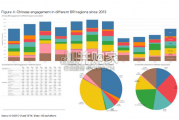
China’s financing and investment spread across 61 BRI countries in 2023 (up...
2024-02-27 31 英文报告下载

Though the risk of AI leading to catastrophe or human extinction had...
2024-02-26 52 英文报告下载
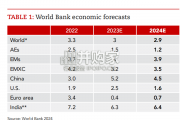
Focusing on the prospects for 2024, global growth is likely to come i...
2024-02-21 96 英文报告下载
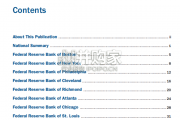
Economic activity declined slightly on average, employment was roughly flat...
2024-02-07 67 英文报告下载
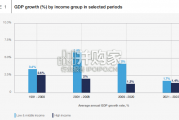
Economic growth can be defned as an increase in the quantity or quali...
2024-02-06 82 英文报告下载
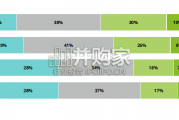
In this initial quarterly survey, 41% of leaders reported their organizatio...
2024-02-05 66 英文报告下载
最新留言